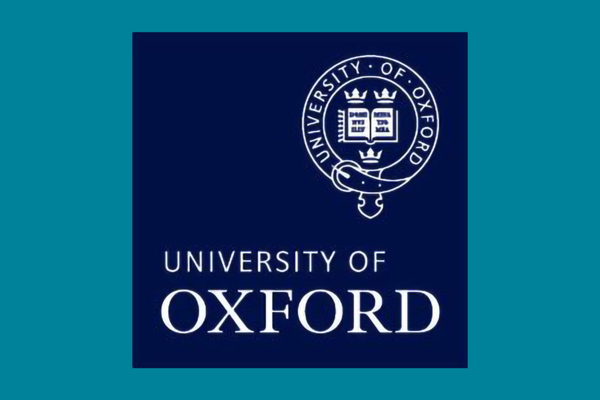When the deadline has passed, the central graduate admissions office gathers all the History applications together, checks them, and passes all the approved and complete applications to the Faculty. This is usually done within two weeks of the closing date. Any incomplete applications are passed to the Faculty later and the Faculty decides whether to accept them.
The applications are then sorted into subject strands and applications for each strand securely distributed to teams of assessors. Applications are assessed based on:
- Previous academic results
- Proposal
- Written work
- References
- Background knowledge and skills
Using these criteria, Masters applications are given a score out of 40, and DPhil applications are given a score out of 50. Assessors will also check if appropriate supervision is available and recommend whether an offer should be made, based on the assessment score and supervisor availability. Assessors also indicate the academic conditions (degree results) for any offer.
The assessments for each strand are then sent to the Graduate Admissions Co-ordinator and (administrative) Admissions Officer, who double check assessment scores and supervisor availability, convert academic conditions to the applicant’s institution (where necessary), and add any English language requirements.
There is a finite capacity for the numbers of students that can be taught in total, and for each strand. The assessment score needed for an applicant to be made an offer varies from year to year, depending on the number and strength of applications. There is a minimum standard below which offers will not be made.




